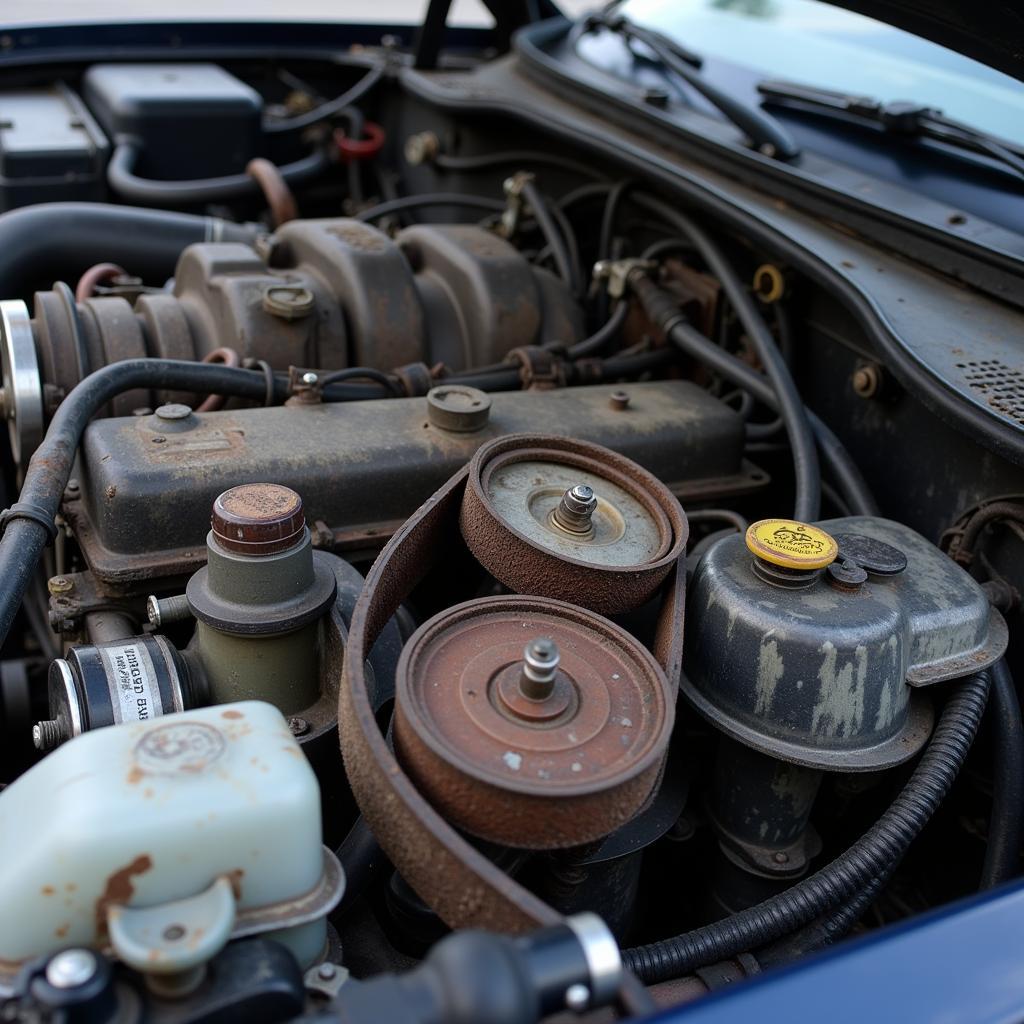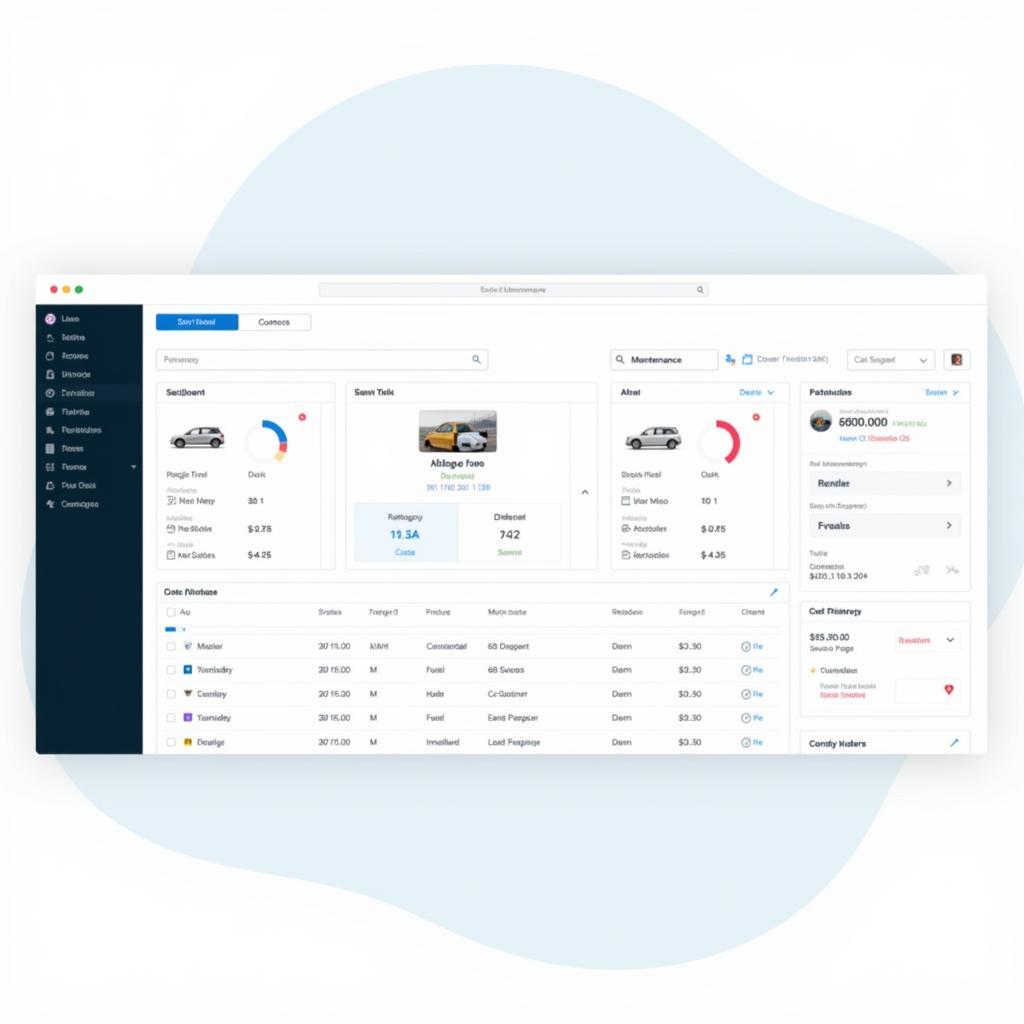Preventative car maintenance is one of the most important things you can do to keep your car running smoothly and avoid expensive repairs down the road. By taking the time to regularly maintain your vehicle, you can help to ensure that it remains safe and reliable for many years to come. So what are the Benefits Of Preventative Car Maintenance?
What Are the Benefits of Preventative Car Maintenance?
Preventative car maintenance is the practice of regularly servicing your car to help prevent future problems. This can include simple tasks like checking your tire pressure and fluid levels to more complex tasks like changing your oil and replacing your air filter.
Why Is Preventative Car Maintenance Important?
Preventative car maintenance is important because it can help to:
- Extend the life of your car: By catching potential problems early on, you can help to prevent them from becoming more serious and potentially damaging your car.
- Reduce the risk of breakdowns: A well-maintained car is less likely to break down unexpectedly, which can save you time, money, and stress.
- Improve fuel efficiency: A properly tuned engine will run more efficiently, which can help to save you money on gas.
- Increase your car’s resale value: A well-maintained car will be more attractive to potential buyers, which can help you get a better price when it’s time to sell.
What Does Preventative Car Maintenance Include?
Preventative car maintenance includes a variety of tasks, but some of the most important include:
- Oil changes: Changing your oil regularly is essential for keeping your engine lubricated and running smoothly.
- Tire rotations: Rotating your tires regularly helps to ensure that they wear evenly and last longer.
- Air filter replacement: A dirty air filter can restrict airflow to your engine, reducing its performance and fuel efficiency.
- Brake inspections: Regularly inspecting your brakes can help to prevent them from wearing out and causing a dangerous situation.
- Fluid checks: Checking your fluids regularly can help to ensure that your car is running smoothly and safely.
How Often Should I Do Preventative Car Maintenance?
The frequency of preventative car maintenance varies depending on the make and model of your car, your driving habits, and the climate you live in. However, it is generally recommended to:
- Change your oil every 3,000-5,000 miles: Synthetic oil can last longer, but it is still important to check your owner’s manual for specific recommendations.
- Rotate your tires every 5,000-7,500 miles: This will help to ensure that they wear evenly and last longer.
- Replace your air filter every 12,000-15,000 miles: This will help to improve your engine’s performance and fuel efficiency.
- Inspect your brakes every 6,000-12,000 miles: This will help to prevent them from wearing out and causing a dangerous situation.
- Check your fluids every 3,000 miles: This will help to ensure that your car is running smoothly and safely.
What Happens If I Don’t Do Preventative Car Maintenance?
If you don’t do preventative car maintenance, you’re putting yourself at risk for a number of problems, including:
- Engine damage: A lack of oil or a dirty air filter can damage your engine, leading to expensive repairs.
- Brake failure: Worn-out brake pads or rotors can cause your brakes to fail, which can be dangerous.
- Tire blowouts: Underinflated tires can lead to blowouts, which can be dangerous and costly.
- Increased fuel consumption: A dirty engine or other problems can cause your car to consume more fuel, costing you more money.
What If I Don’t Know How To Do Car Maintenance?
You don’t need to be a mechanic to do preventative car maintenance. There are plenty of resources available to help you learn the basics. You can find online tutorials, watch videos, or read books. You can also take a class at a local community college or auto repair shop.
What Should I Do When My Car Needs Maintenance?
It’s important to consult your owner’s manual for specific maintenance schedules for your car. It is also a good idea to have your car inspected by a qualified mechanic at least once a year.
- Get a thorough inspection: Have your car inspected by a qualified mechanic to identify any potential problems and ensure that everything is in good working order.
- Don’t ignore warning lights: If your car’s dashboard lights come on, don’t ignore them. This could be a sign of a serious problem.
- Listen to your car: If you hear any strange noises, feel any vibrations, or notice any changes in your car’s performance, take it to a mechanic to get it checked out.
- Find a trusted mechanic: It is important to find a mechanic that you trust and who has a good reputation.
How Do I Find a Reliable Mechanic?
Finding a reliable mechanic is important to ensure your car is properly serviced. Here are some tips:
- Ask for recommendations: Talk to friends, family, and neighbors to see if they have any recommendations.
- Read online reviews: Check online reviews of local mechanics on websites like Yelp or Google.
- Check the mechanic’s credentials: Make sure that the mechanic is certified by the National Institute for Automotive Service Excellence (ASE).
- Get a quote before any work is done: Ask for a quote for any repairs or services before they are performed.
FAQ (Frequently Asked Questions)
- Q: How often should I change my oil?
A: The frequency of oil changes varies depending on the type of oil used and driving conditions. However, it is generally recommended to change your oil every 3,000-5,000 miles. - Q: How often should I rotate my tires?
A: It is recommended to rotate your tires every 5,000-7,500 miles. - Q: What are some signs that I need to take my car to a mechanic?
A: Some signs that your car needs to be checked by a mechanic include: warning lights on the dashboard, unusual noises, a drop in fuel efficiency, and a decrease in performance. - Q: What are some things I can do to help maintain my car?
A: Here are a few simple maintenance tasks you can do:- Check your tire pressure every month.
- Top off your fluids (windshield washer fluid, coolant, brake fluid, etc.) when needed.
- Make sure your lights are working properly.
- Clean your car regularly.
Following a preventative car maintenance plan can save you money on costly repairs in the long run and keep your car running safely and efficiently for years to come. If you are not sure how to do any of the tasks mentioned in this article, it is always best to consult with a qualified mechanic.
AutoTipPro is here to help you with all your car maintenance needs.
Contact us today at +1 (641) 206-8880 or visit our office at 500 N St Mary’s St, San Antonio, TX 78205, United States.






Leave a Reply